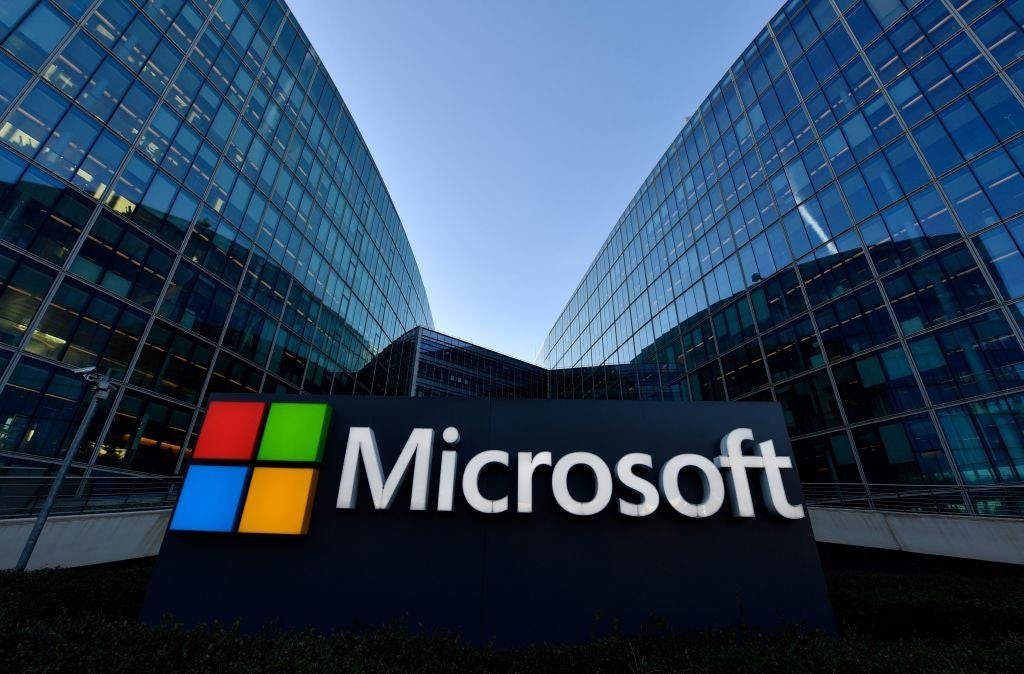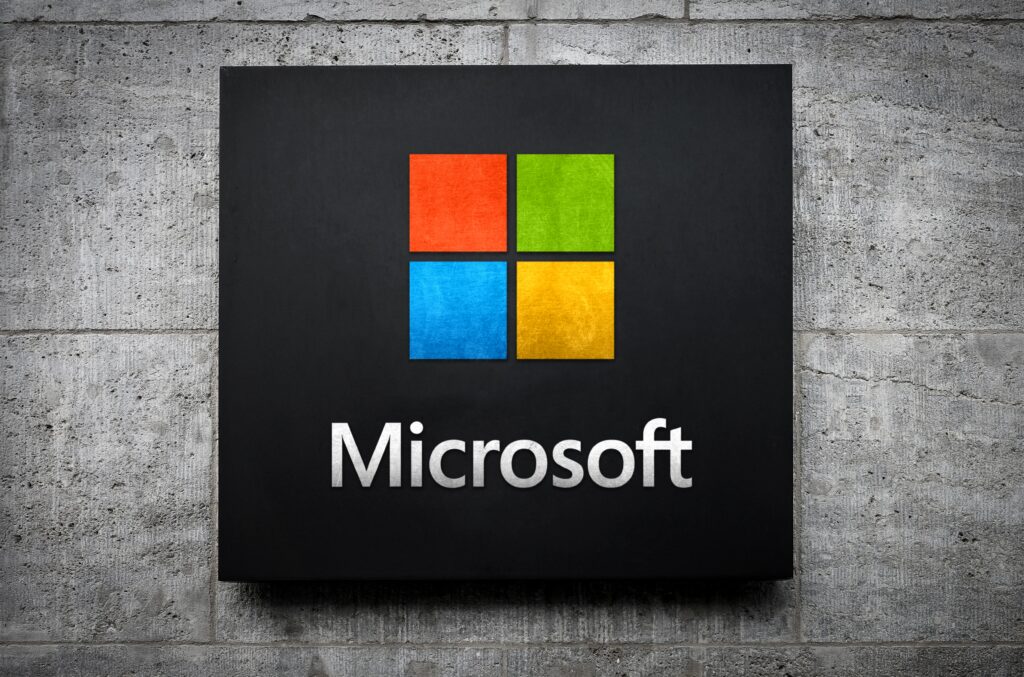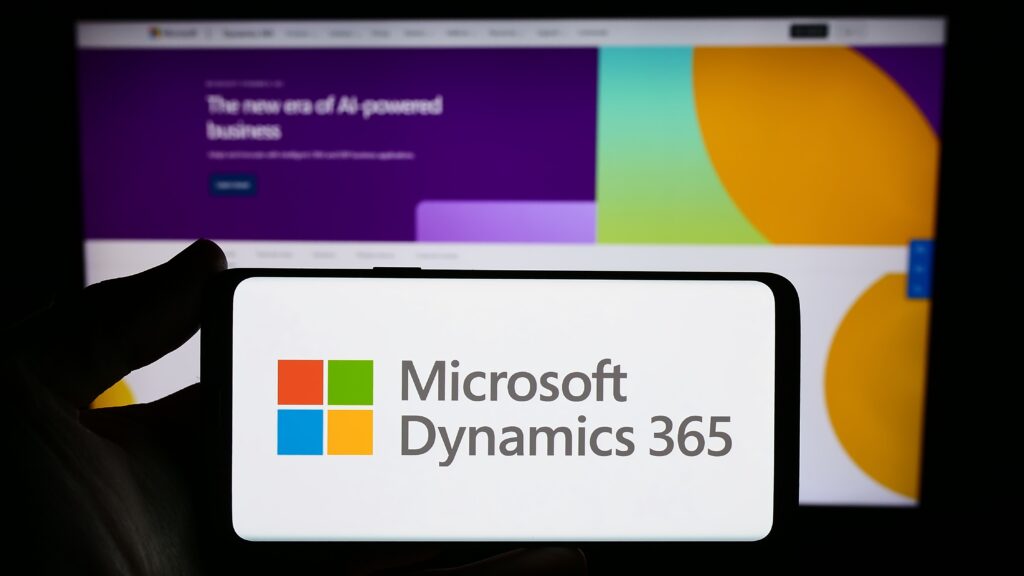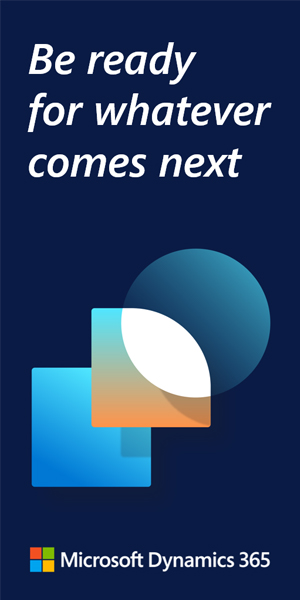Microsoft has taken a leading role in a global collaboration to accelerate in a new high-profile partnership aimed at reshaping how organizations adopt artificial intelligence, cloud services, and productivity solutions. Announced this week, the collaboration positions Microsoft not simply as a supplier of software but as a strategic enabler of change across enterprises.
The initiative connects Microsoft with a major partner to drive large-scale innovation in AI-powered business processes. Although full details of the partner and contract have not been disclosed, Microsoft’s participation reflects the company’s evolving role in enterprise transformation as a co-architect of digital strategy.
How Microsoft is Structuring Enterprise Transformation
Microsoft’s involvement spans several critical dimensions:
- Platform and Cloud Infrastructure: Microsoft will host and manage the backbone infrastructure, ensuring scalability, security, and seamless integration across systems.
- AI & Productivity Tools: Microsoft’s AI-powered solutions, including its Copilot technologies, will help modernize workflows and enhance decision-making.
- Ecosystem & Partner Integration: Acting as a hub, Microsoft unites third-party software and services to streamline deployment and drive innovation.
- Governance and Skilling: Beyond technology, Microsoft contributes training, certification, and change-management resources to prepare workforces for AI adoption.
In earlier partnerships, such as with PwC and industry leaders across Europe, Microsoft has taken a similar co-architect role, reinforcing its shift from product provider to full-scale transformation partner.
Implications for Enterprise Technology Leaders
Microsoft’s central role carries far-reaching implications:
- Scalability and credibility: Organizations gain confidence through Microsoft’s compliance standards and infrastructure reliability.
- Speed of implementation: Unified infrastructure and applications shorten deployment timelines.
- Ecosystem efficiency: Consolidating training and governance under Microsoft reduces fragmentation.
- Workforce alignment: Microsoft’s global training ecosystem ensures sustainable adoption.
Challenges and Watchpoints
Key challenges include ensuring effective change management, maintaining data governance in regulated industries, coordinating a vast partner ecosystem, and demonstrating tangible business results from the collaboration.
For Microsoft, this initiative marks another step in its evolution from software seller to strategic transformation partner. By aligning AI, cloud, and training under one ecosystem, the company positions itself at the center of enterprise innovation. Analysts suggest that this model could become the template for future digital-transformation alliances.
What This Means for ERP Insiders
Microsoft’s strategy strengthens cross-enterprise collaboration and accelerates modernization. Microsoft’s leadership in this collaboration highlights its transition from a software supplier to a full-spectrum transformation architect. By integrating AI, cloud infrastructure, and enterprise tools, Microsoft offers technology and an end-to-end strategy for modernization. This shift signals a long-term move toward co-developing solutions alongside clients and partners, allowing organizations to innovate faster while maintaining operational control within trusted digital ecosystems.
Cloud and AI integration are redefining how enterprises scale transformation. At the core of this partnership is Microsoft’s ability to combine cloud computing with advanced AI capabilities to drive scalable transformation. Its Azure platform will host critical workloads, while Copilot-enabled tools enhance productivity and streamline workflows. This dual approach positions Microsoft as a vital enabler of digital resilience. It potentially allows organizations to experiment, scale, and innovate securely under Microsoft’s enterprise-grade framework.
Building workforce readiness ensures transformation success across the ecosystem. Microsoft’s focus on governance, skilling, and ecosystem coordination underscores its recognition that technology alone cannot deliver transformation. Through certification programs, training resources, and partnerships with integrators, Microsoft ensures that users and teams are prepared to adopt AI-driven workflows effectively. This commitment to workforce readiness bridges the gap between innovation and implementation, aiming to ensure that digital transformation is both sustainable and inclusive across industries.






